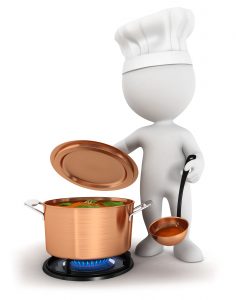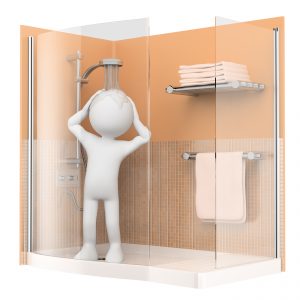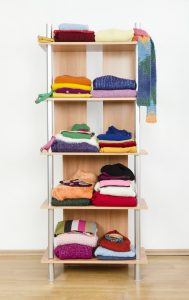 Activities of daily living (ADLs) is a term used in healthcare to refer to a person’s normal daily activities e.g. eating and drinking, bathing, dressing, grooming, household chores, family routines and participating in leisure and occupational activities. In order to effectively carry out ADLs, the complex integration of a range of skills is required.
Activities of daily living (ADLs) is a term used in healthcare to refer to a person’s normal daily activities e.g. eating and drinking, bathing, dressing, grooming, household chores, family routines and participating in leisure and occupational activities. In order to effectively carry out ADLs, the complex integration of a range of skills is required.
These skills include:
- Cognitive skills (attention, information processing, memory, executive functioning).
- Visual and perceptual skills (ability to recognise items and their use, navigate an environment etc).
- Physical skills (ability to sit, stand, move limbs etc).
 Sensory skills (e.g. changes in sensation affecting the ability to carry out ADLs such as running a bath/shower at a safe temperature, selecting clothing appropriate for the weather, hearing and seeing traffic when trying to cross the road).
Sensory skills (e.g. changes in sensation affecting the ability to carry out ADLs such as running a bath/shower at a safe temperature, selecting clothing appropriate for the weather, hearing and seeing traffic when trying to cross the road).- Communication skills (e.g. articulation, language processing).
- An environment which is accessible, appropriate and adapted as necessary to meet the person’s physical, cognitive, communicative and psychosocial needs.
Difficulties affecting the person’s motivation, mental state and behaviour are likely to result in reduced ability to perform ADLs.
ADLs are complicated and complex processes. For example, in order to dress we need to:
- Be motivated to get dressed.

- Understand the purpose and process of the task.
- Plan and organise the process within an appropriate timescale for the purpose of the task.
- Identify and select the correct items of clothing for the weather.
- Identify and select items of clothing which meet the social and cultural requirements of the activity in which we are about to engage.
- Locate the relevant items in cupboards and drawers.
- Put on the clothes in the correct sequence and have the physical ability to do so.
Brain Injury and Impact on ADLs
How to Help the Person who Experiences Difficulties with ADLs
Return to Work